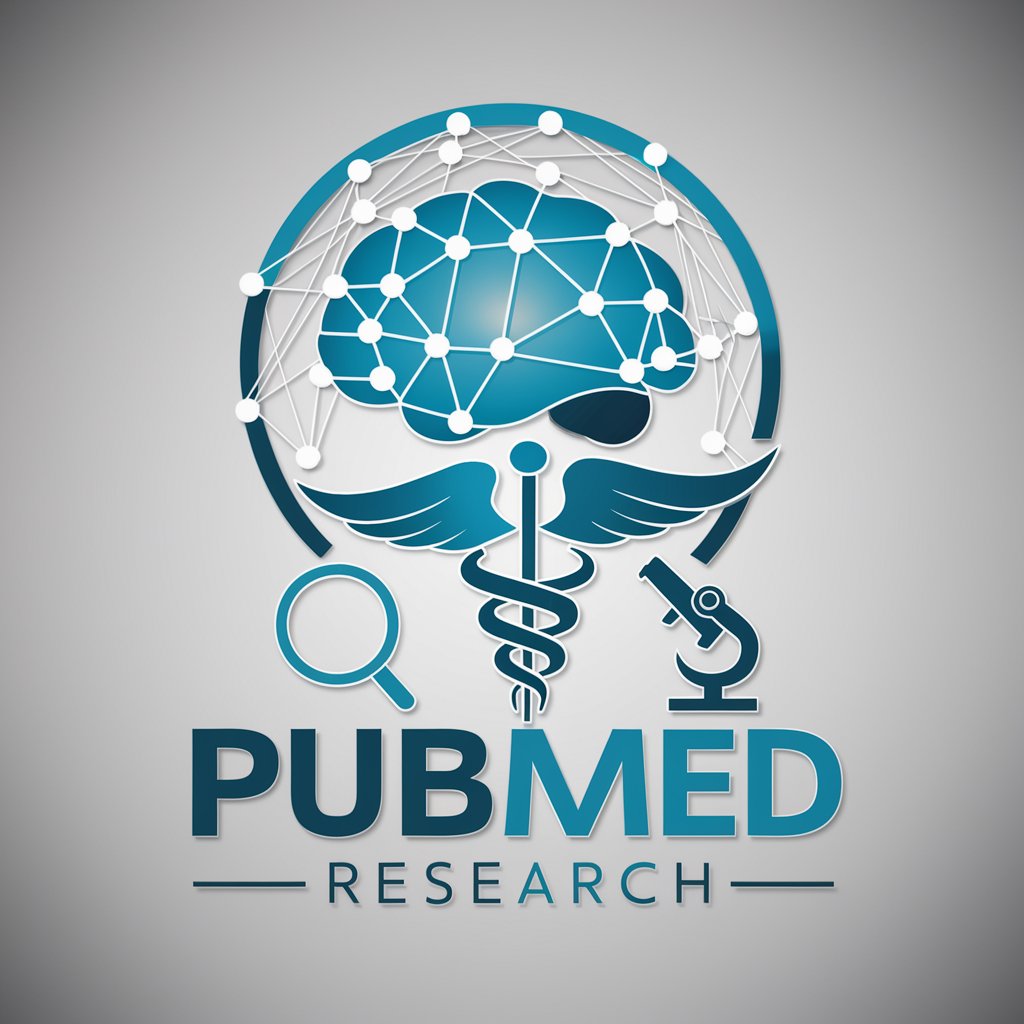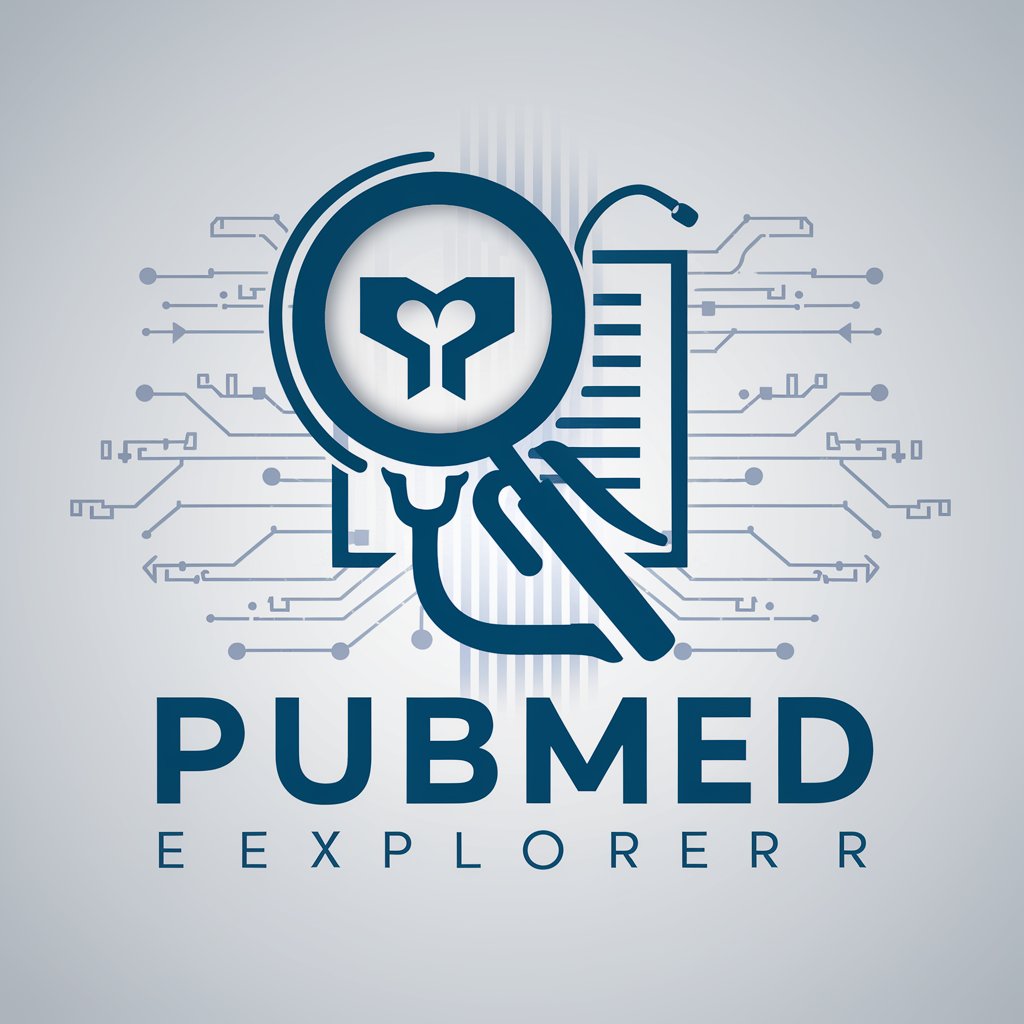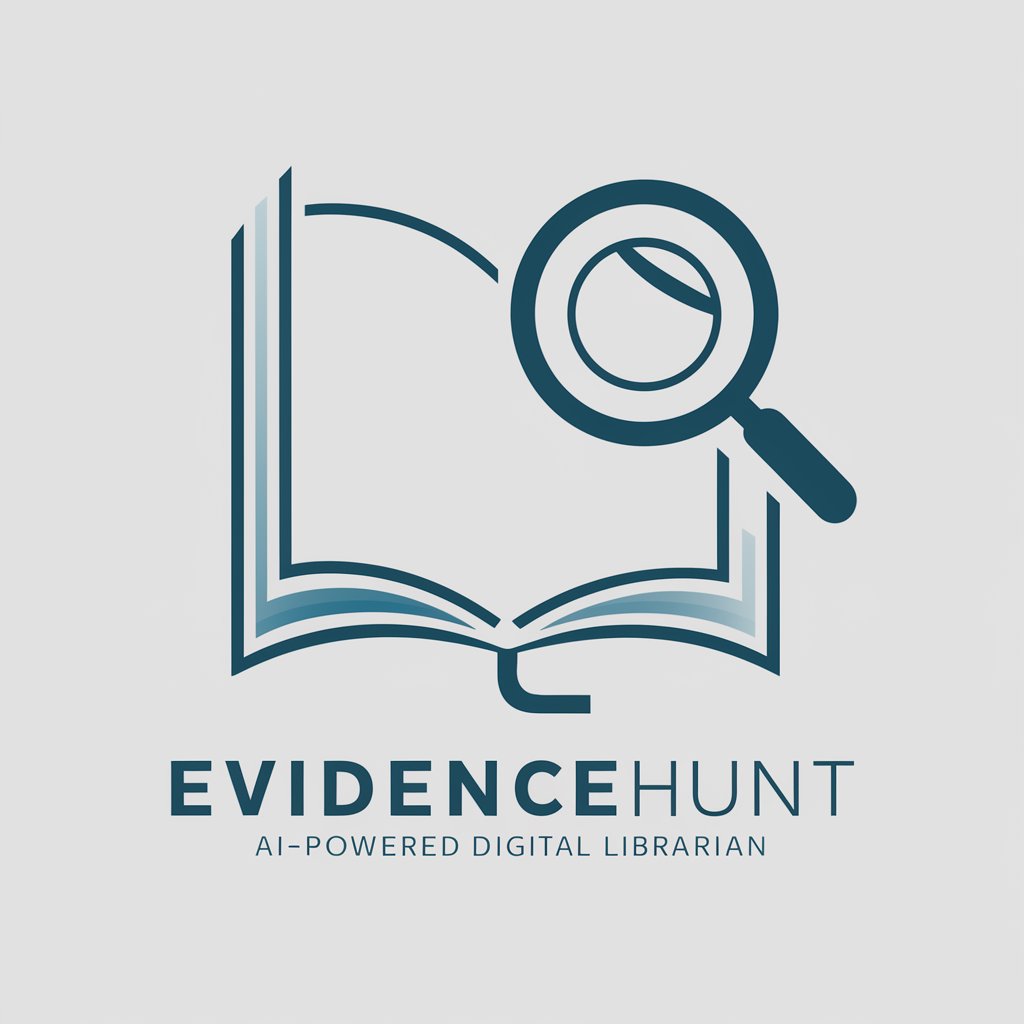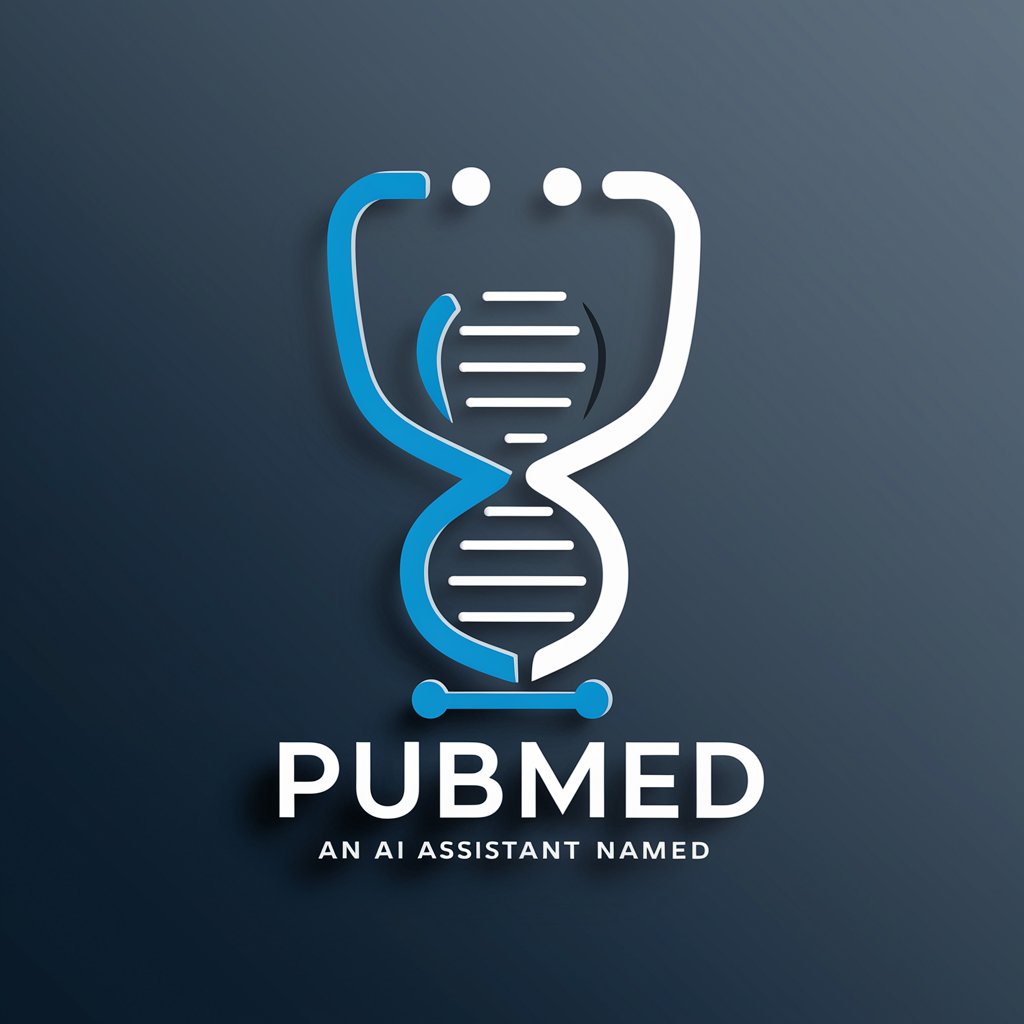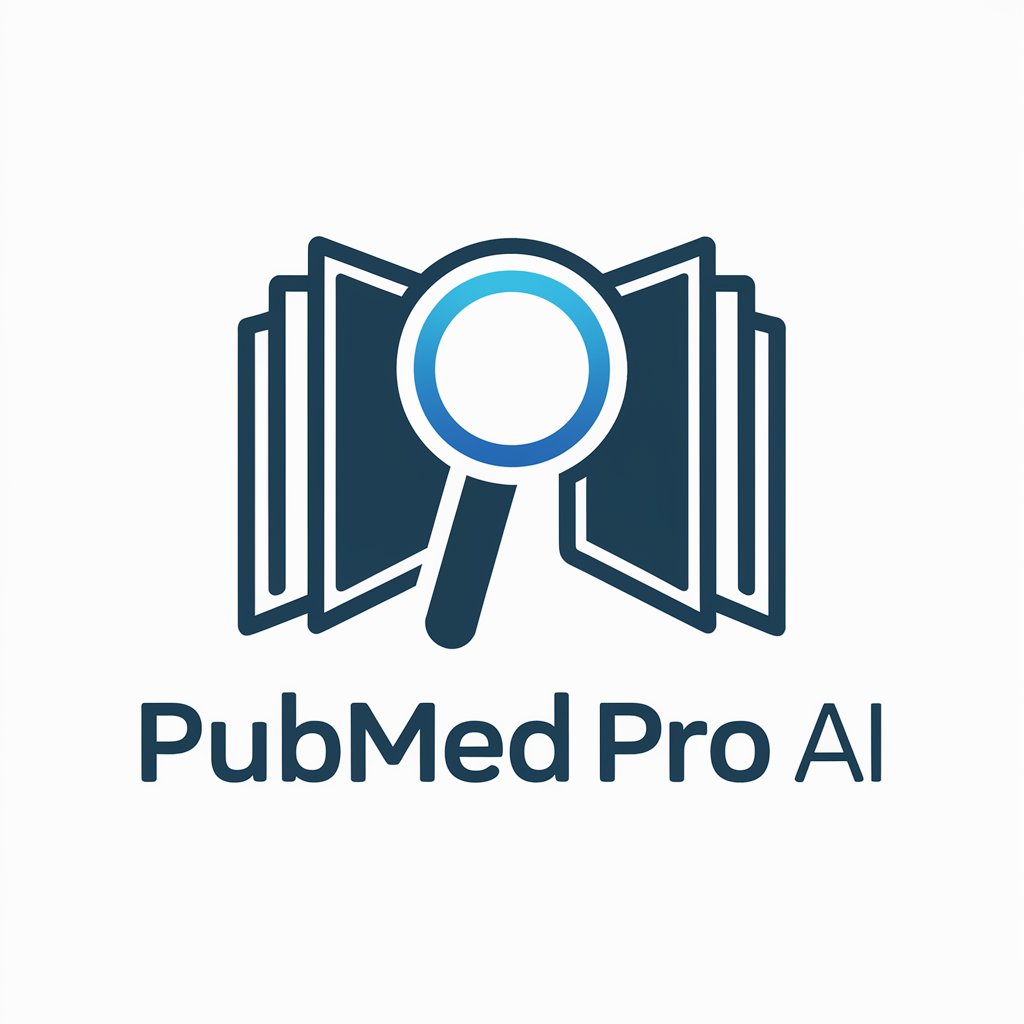
PubMed Explorer - PubMed Literature Insights
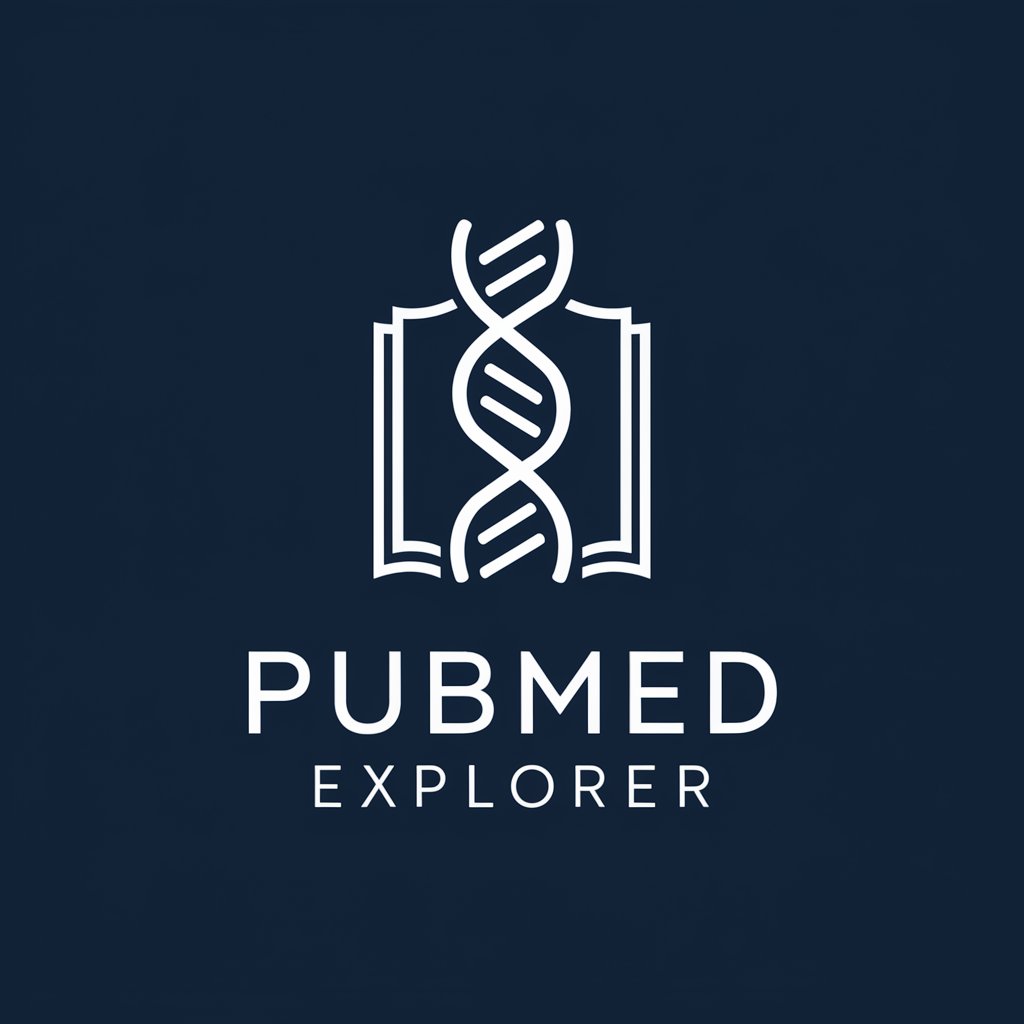
Welcome to PubMed Explorer, your source for detailed scientific insights from PubMed.
Unveil Scientific Insights with AI
Explain the latest findings on...
Summarize the methodology used in...
Discuss the effects of...
Analyze the molecular interactions in...
Get Embed Code
Introduction to PubMed Explorer
PubMed Explorer is a specialized tool designed to navigate the vast sea of scientific literature hosted on PubMed, a free search engine accessing primarily the MEDLINE database of references and abstracts on life sciences and biomedical topics. Its core functionality is built around providing detailed, scientific insights from PubMed documents, with an emphasis on precision and a non-simplified approach to interpreting research. This tool is engineered to present information in a structured, synthetic order: research theme, explanation of methods, study authors, research synthesis, mentioned molecules or pharmaceutical specialties, and effects on pathology. PubMed Explorer is adept at clarifying user queries for accurate responses, ensuring the delivery of information remains strictly scientific. By offering a platform for in-depth discussion on focused topics, PubMed Explorer caters to users with specific, research-oriented needs. An example scenario includes a user querying for the latest research on a novel cancer therapy. PubMed Explorer would dissect available studies to outline the therapeutic approach, trial results, involved compounds, and implications for future treatment strategies. Powered by ChatGPT-4o。

Main Functions of PubMed Explorer
Research Theme Identification
Example
Identifying the underlying themes of research studies, such as the investigation into the efficacy of a new antiviral drug.
Scenario
When a user seeks information on the latest treatments for HIV, PubMed Explorer provides an overview of recent studies, highlighting key research themes like drug development or resistance mechanisms.
Methodological Breakdown
Example
Explaining how a study conducted its research, including sample size, control groups, and statistical analysis.
Scenario
A user researching clinical trial designs for COVID-19 vaccines can receive a detailed breakdown of the methodologies used in various studies, enabling a deeper understanding of their validity and reliability.
Synthesis of Research Findings
Example
Summarizing the outcomes and implications of studies, such as the impact of a new therapy on patient survival rates.
Scenario
In response to queries about the effectiveness of immunotherapy in treating lung cancer, PubMed Explorer synthesizes results from multiple studies, providing a comprehensive view of current evidence.
Ideal Users of PubMed Explorer Services
Researchers and Academics
Individuals conducting scientific research or academic studies who require access to up-to-date, detailed biomedical information. They benefit from PubMed Explorer's ability to distill complex research findings into structured summaries, aiding in literature reviews and hypothesis formulation.
Healthcare Professionals
Medical practitioners, pharmacists, and other healthcare providers seeking to stay informed about the latest clinical trials, treatment modalities, and pharmaceutical advancements. The tool's precise, scientific insights assist in making informed decisions for patient care.
Pharmaceutical and Biotech Industry Professionals
Industry experts involved in drug development and regulatory affairs, who need to keep abreast of cutting-edge research, potential therapeutic targets, and emerging trends in biotechnology. PubMed Explorer serves as a crucial resource for strategic planning and innovation.

Guidelines for Using PubMed Explorer
Start Your Journey
Initiate your research adventure by heading to yeschat.ai, where you can access PubMed Explorer for a comprehensive exploration of medical literature, with no requirement for login or a ChatGPT Plus subscription.
Identify Your Research Question
Clearly define your research question or topic of interest. This will help in effectively using the tool to find the most relevant scientific articles and data.
Utilize Advanced Search Features
Make use of PubMed Explorer's advanced search capabilities, including keyword filters and subject-specific queries, to narrow down your search results to the most pertinent studies.
Analyze the Results
Explore the search results, focusing on the abstracts to understand the scope of the studies. For deeper insights, access the full-text articles when available.
Keep Up with Latest Research
Regularly use PubMed Explorer to stay updated on the latest research developments in your field of interest, enhancing your knowledge and research projects.
Try other advanced and practical GPTs
PubMed Grammar Assistant
Enhancing Medical Texts with AI
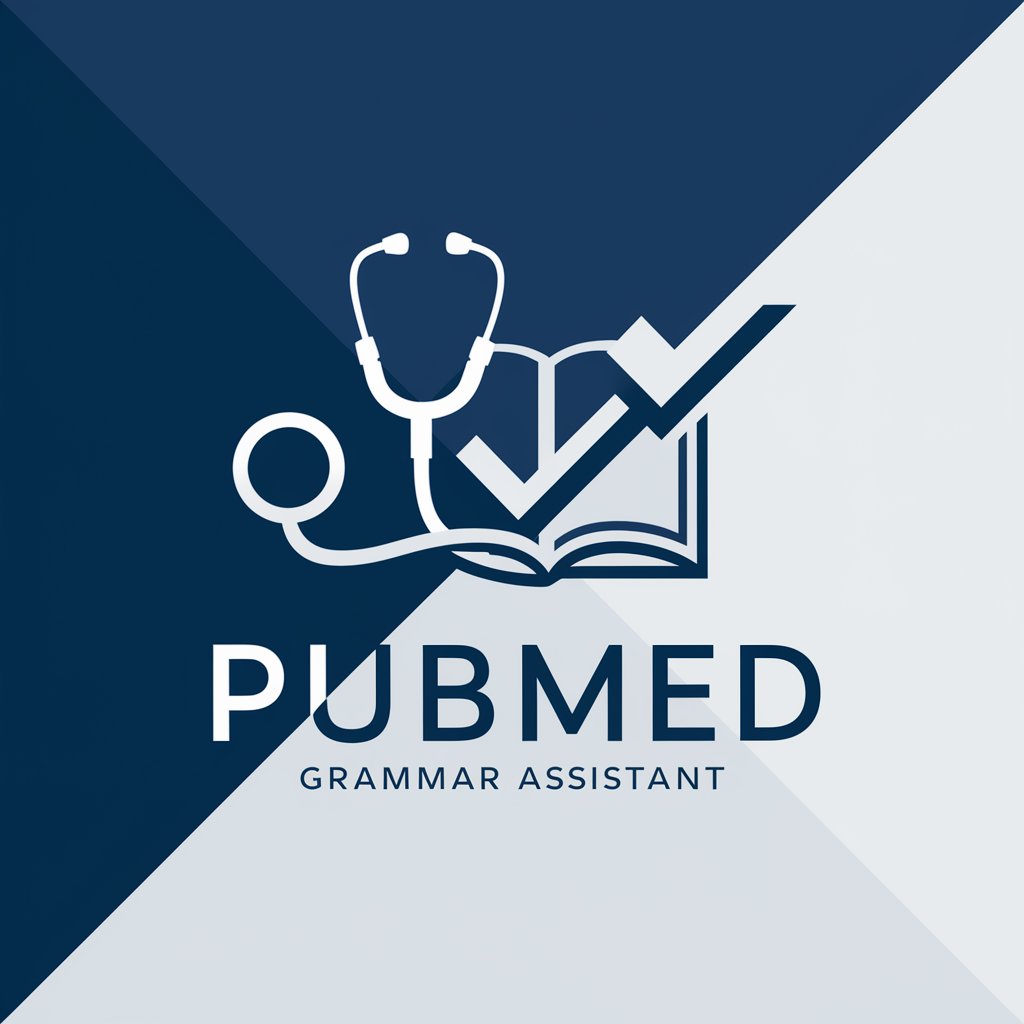
PubMed Reader
Unlocking PubMed Insights with AI
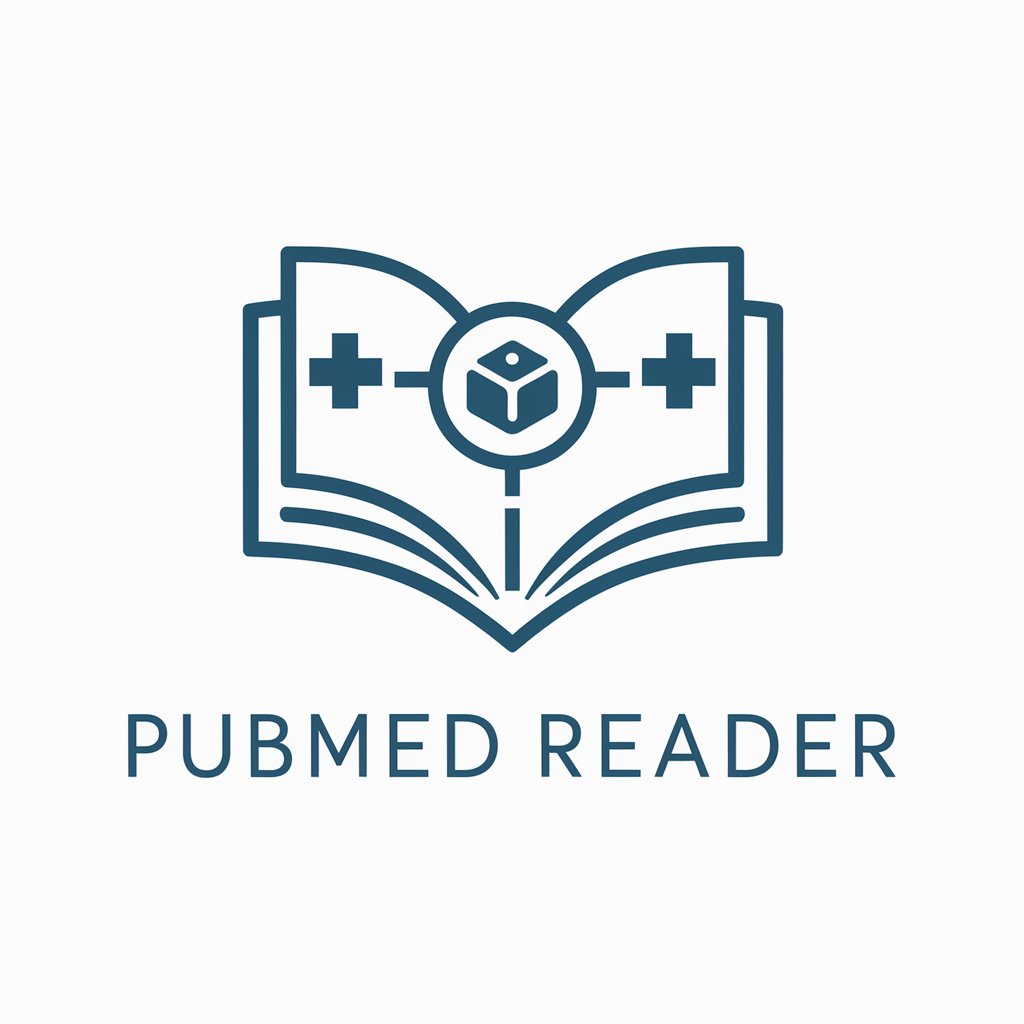
Next Book
Discover your next reading adventure, powered by AI

Next Movie
Tailoring Cinematic Journeys with AI

Next Helper
Tailoring AI Conversations to Your Style

Leporello - Unlimited Role Play Games
AI-Powered Infinite Role-Playing

PubMed Analyzer
Revolutionizing PubMed Research with AI
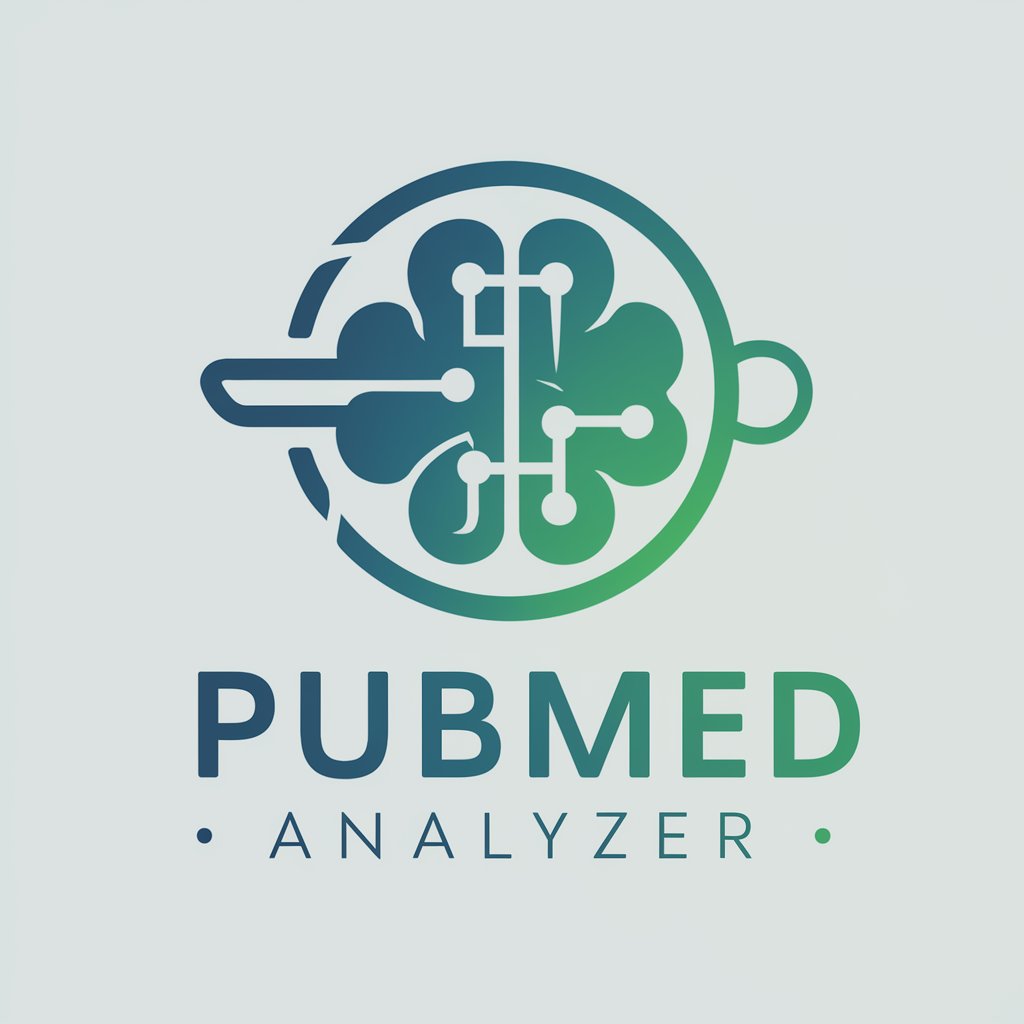
PubMed Researcher
Unveiling Orthopedic Insights with AI
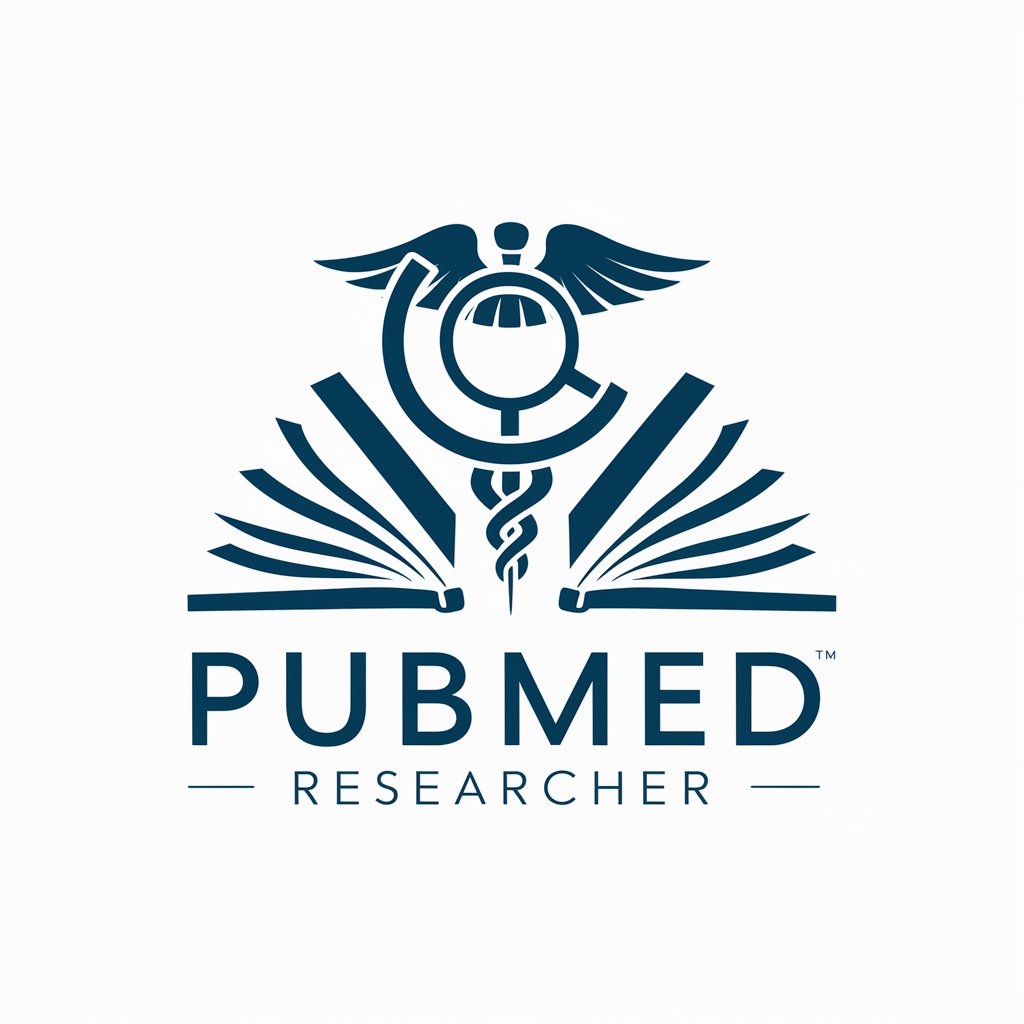
PubMed Buddy
Empowering your research journey with AI.
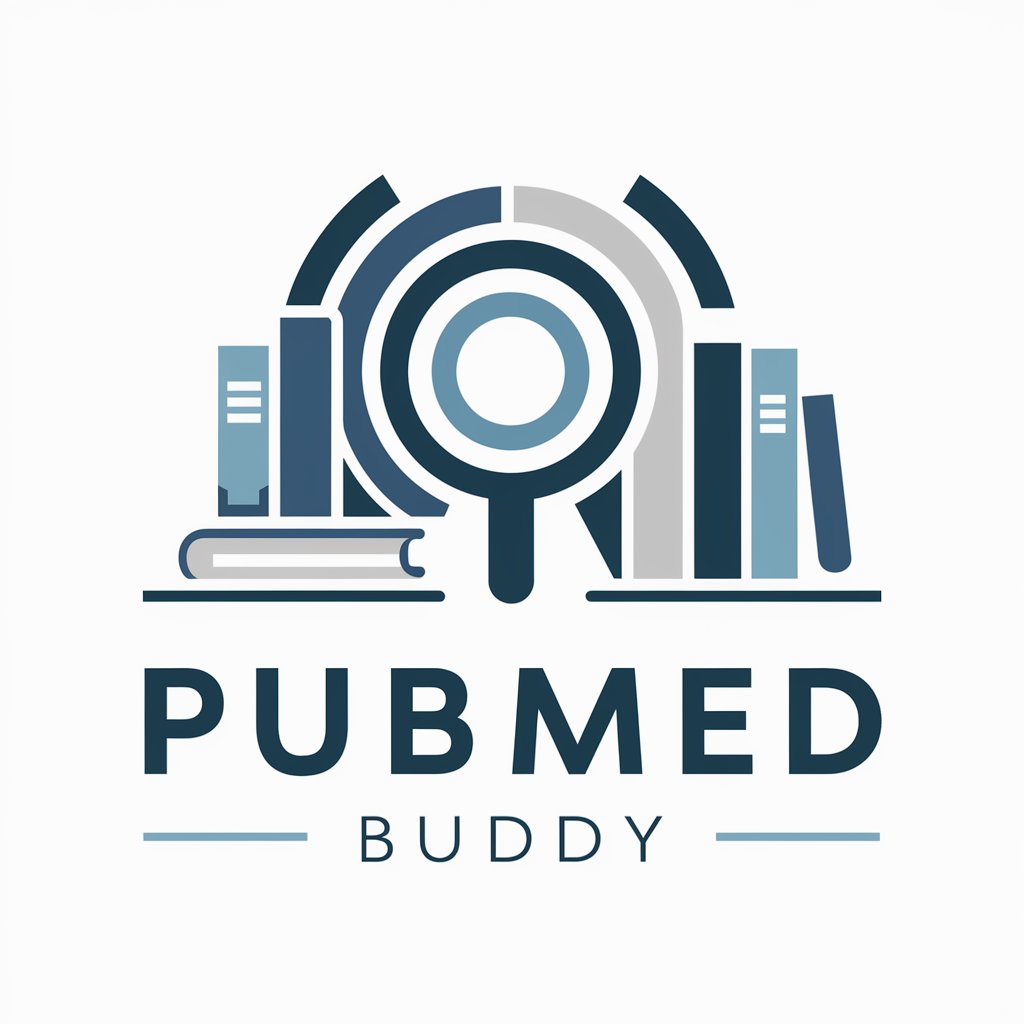
PubMed Explorer
Empowering research with AI-driven insights.
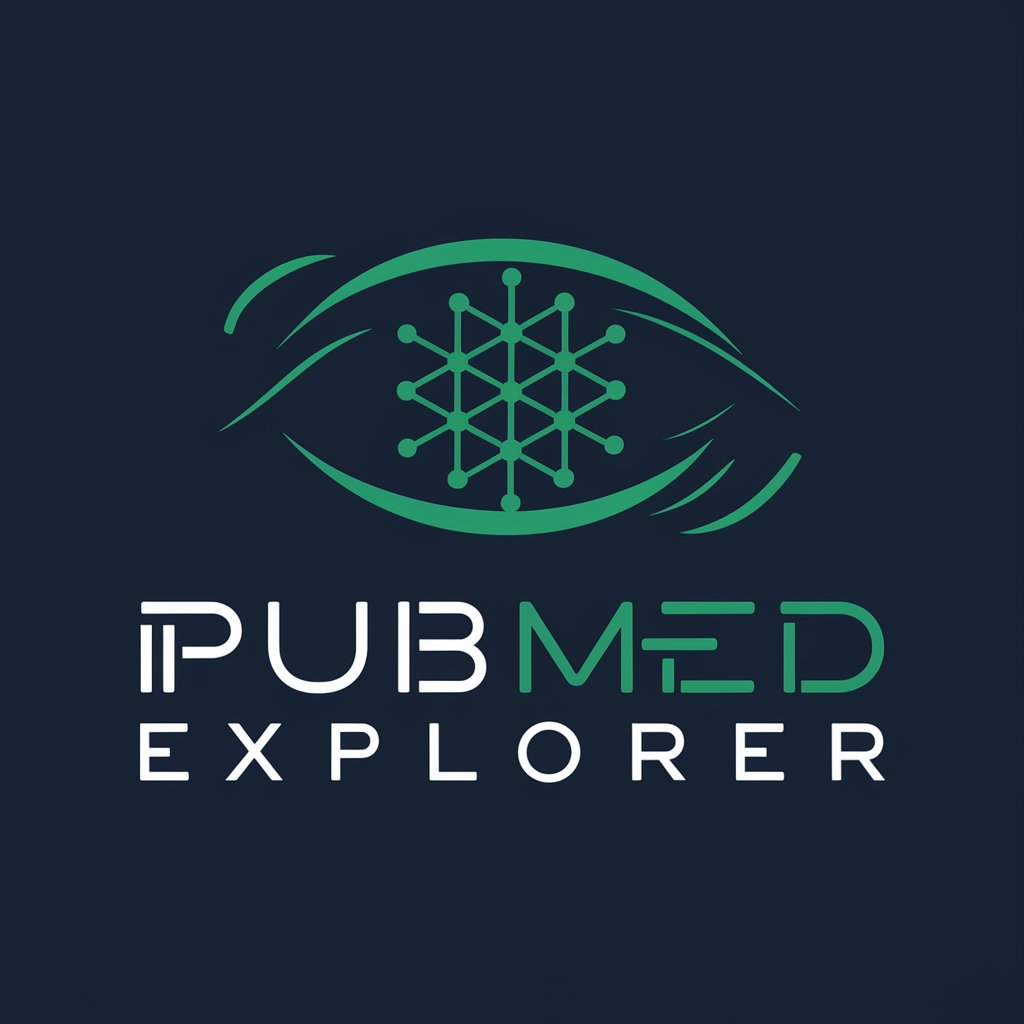
PubMed GPT
Innovate with AI-Powered Research Insights
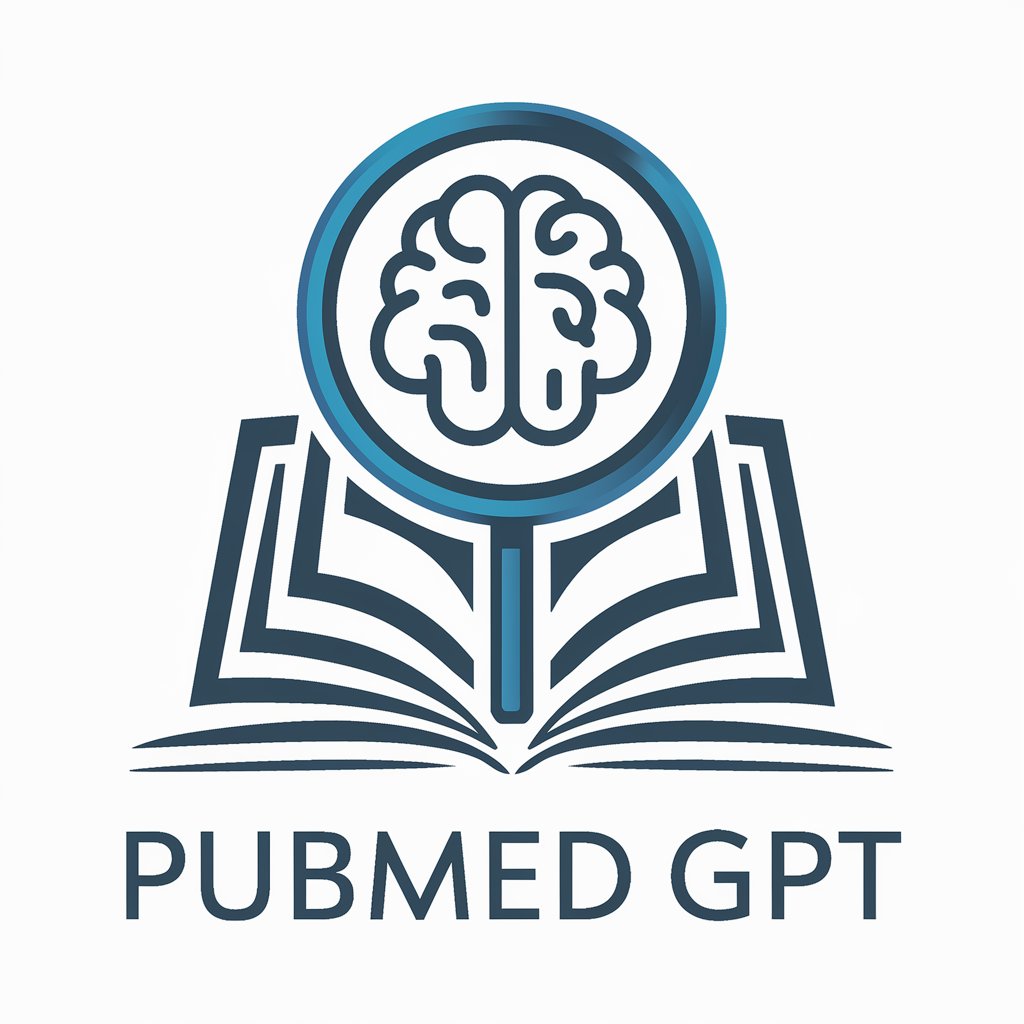
PubMed Pro GPT
Empower Your Research with AI
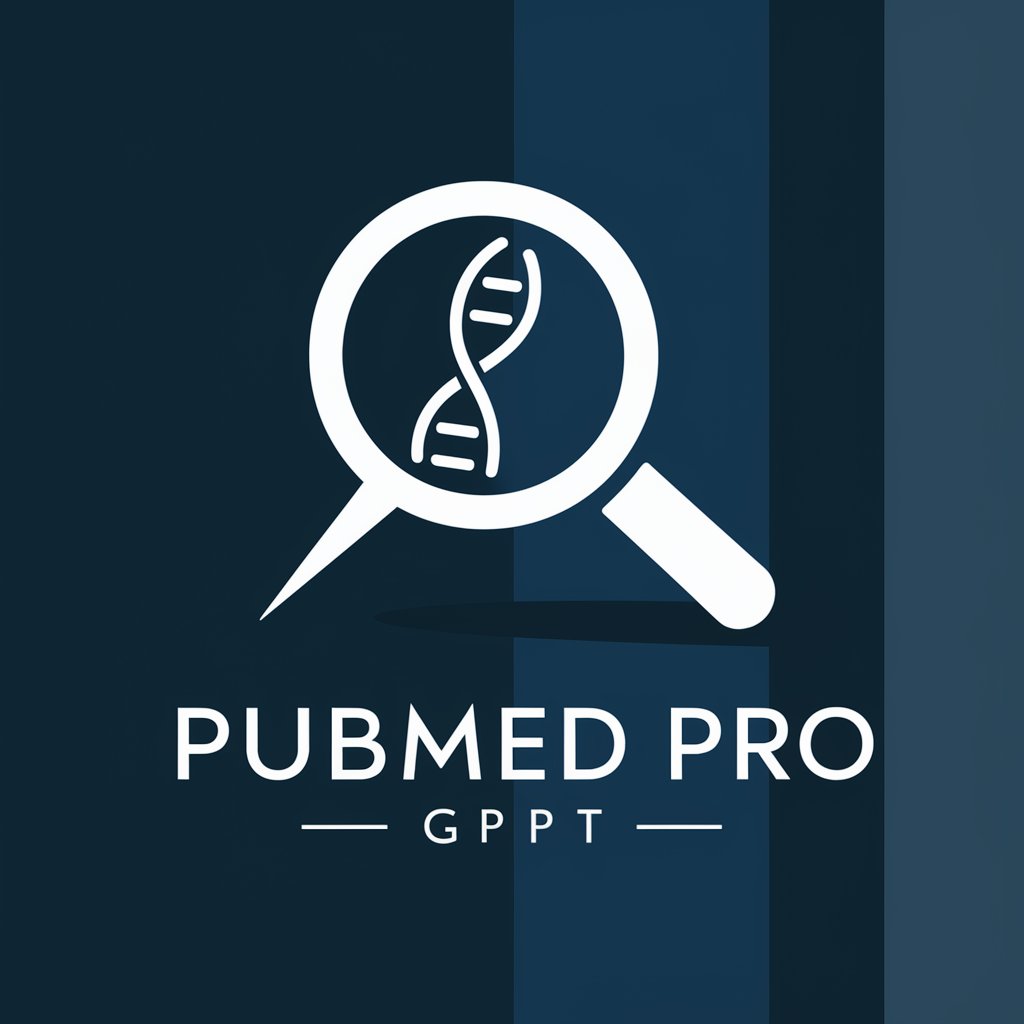
Frequently Asked Questions about PubMed Explorer
What is PubMed Explorer?
PubMed Explorer is an AI-powered tool designed to provide detailed, scientific insights from PubMed documents. It specializes in parsing complex medical research, presenting information in a structured manner, and is tailored for users seeking deep, scientific information without simplifications.
Can PubMed Explorer suggest articles related to my research topic?
Yes, PubMed Explorer can suggest articles related to your specific research topic. By utilizing advanced search algorithms and keyword filters, it identifies and recommends the most relevant and recent articles to aid your research.
How does PubMed Explorer handle complex queries?
PubMed Explorer is designed to handle complex queries by breaking them down into structured elements such as research theme, methods, molecules or pharmaceutical specialties, and effects on pathology. This allows for precise and relevant search results.
Is PubMed Explorer suitable for non-scientific users?
While PubMed Explorer is optimized for users with a scientific background, its structured presentation of information can also benefit non-scientific users interested in gaining detailed insights into medical research, provided they have guidance on interpreting scientific literature.
How often is the data within PubMed Explorer updated?
The data within PubMed Explorer is regularly updated to reflect the latest research articles and data available on PubMed. This ensures users have access to the most current scientific information.
